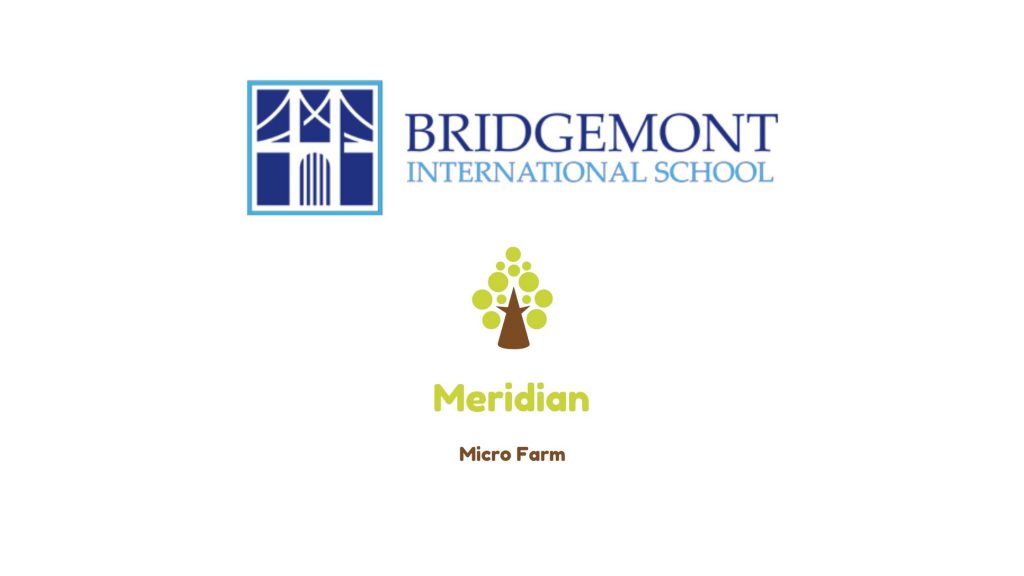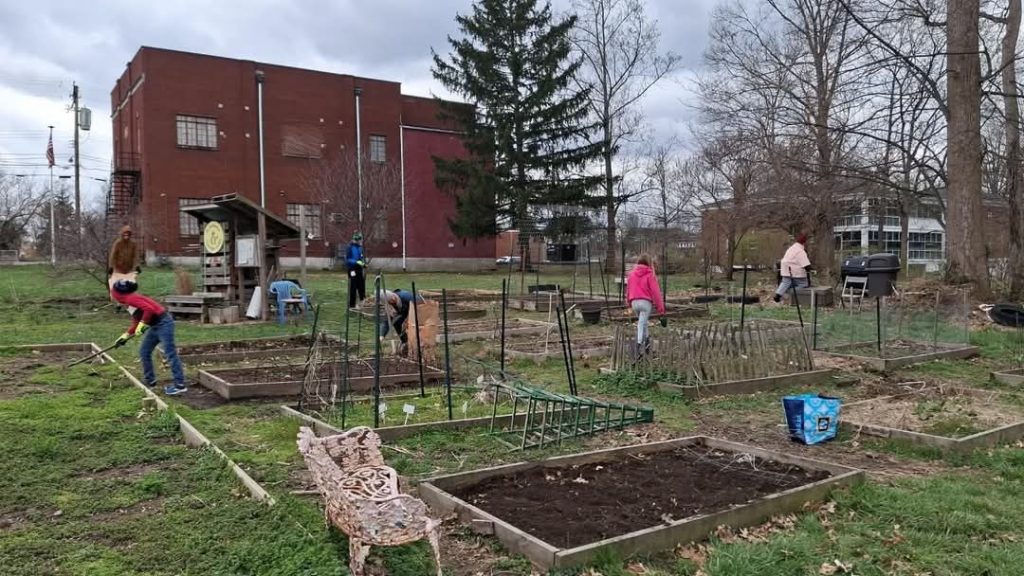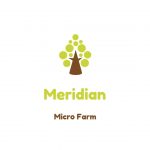Meridian Micro Farm, a nonprofit urban Erdkinder and learning lab, has partnered with Bridgemont International School to launch Cincinnati’s first private Montessori secondary program for ages 12 and up. Rooted in Maria Montessori’s original Erdkinder vision, the program offers adolescents an environment where meaningful work, contribution, and community come together to prepare students for real life.
Bridgemont’s flexible online model provides core academics and electives in an international community of Montessori teens, while Meridian Micro Farm focuses on experiential learning grounded in purpose, connection, and contribution. By combining a comprehensive academic track with an immersive Erdkinder experience, the partnership creates a living model for modern Montessori education and, for the first time in Cincinnati, a private Montessori option for secondary students. The Erdkinder program remains flexible, allowing families to craft individualized paths that may include dual enrollment, homeschooling integration, or adjusted schedules for students pursuing outside interests such as travel, athletics, or the arts. Together, the two components form a complete educational experience that honors both academic rigor and the practical, community-based work central to authentic Montessori for adolescents.
Cincinnati has long been home to a vibrant Montessori community at the early childhood and elementary levels. Now, families who wish to continue that journey into adolescence finally have a private option rooted in Montessori’s deepest principles.
The first adolescent cohort will begin work at Meridian Micro Farm in 2026, engaging in real-world projects and shaping the program’s early systems and spaces. A series of community events are already underway, providing families with opportunities to learn more about the program’s vision and approach.
Meridian Micro Farm, joined by a Bridgemont International School representative, is also planning a virtual information session for interested families, scheduled for Thursday, January 22 at 7 p.m. ET. Follow Meridian Micro Farm on Instagram and Facebook for event announcements and email join@meridian-learning.org to join the session.
To learn more about the vision and philosophy guiding this collaboration, visit:
Why Erdkinder: A Living Model for the Modern Adolescent
For inquiries, contact info@meridian-learning.org or (513) 370-5537.
About Meridian Micro Farm
Meridian Micro Farm is a student-run micro farm, learning lab, and urban Erdkinder in Cincinnati, Ohio. It serves as a living model of Montessori adolescent education, connecting purposeful work, sustainability, and community engagement.
About Bridgemont International School
Bridgemont International School is an online Montessori secondary school that delivers authentic adolescent education through live synchronous lessons. Grounded in Secondary Montessori principles, Bridgemont fosters curiosity, creativity, and collaboration through flexible, student-centered learning.


 The microschool movement is focused on sustainability, not “school choice.” “School choice” is largely being funded by billionaires with a goal to privatize public schools. The grassroots microschool movement, which evolved from the desire to incorporate the freedom and flexibility of homeschooling with the benefits of traditional schooling, operates outside of any movement to privatize public schools or shift funding to private schools. We have never needed public schools to “fail” in order for grassroots microschools to succeed, and we never will.
The microschool movement is focused on sustainability, not “school choice.” “School choice” is largely being funded by billionaires with a goal to privatize public schools. The grassroots microschool movement, which evolved from the desire to incorporate the freedom and flexibility of homeschooling with the benefits of traditional schooling, operates outside of any movement to privatize public schools or shift funding to private schools. We have never needed public schools to “fail” in order for grassroots microschools to succeed, and we never will.
